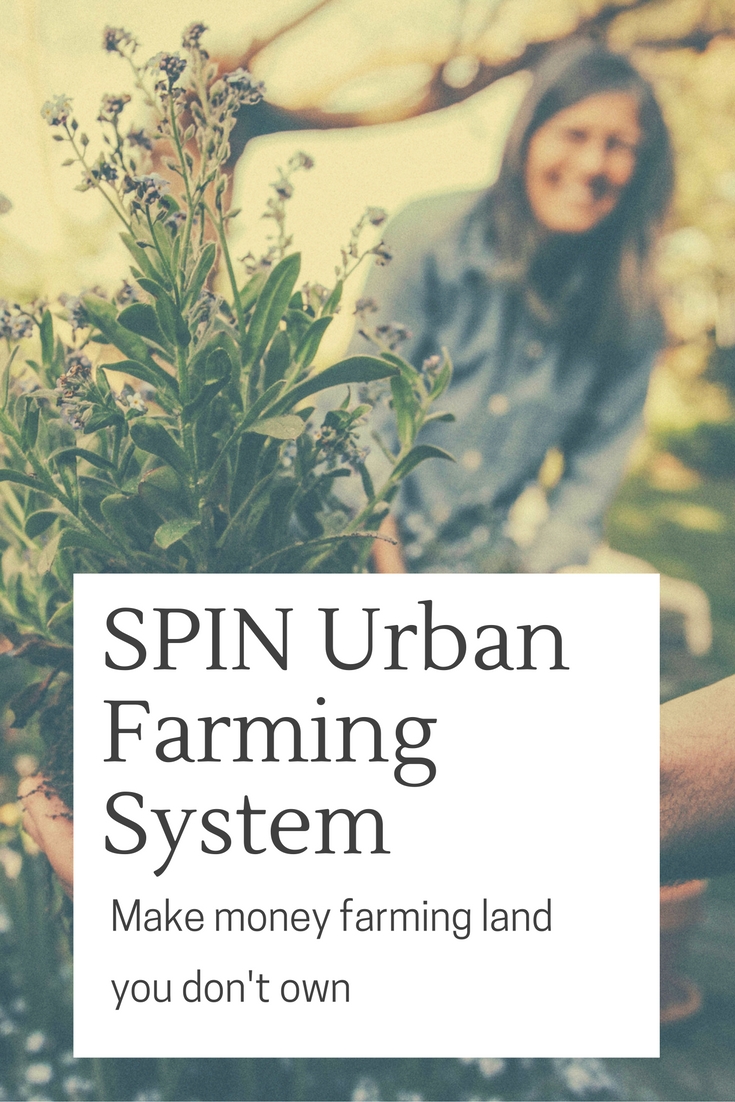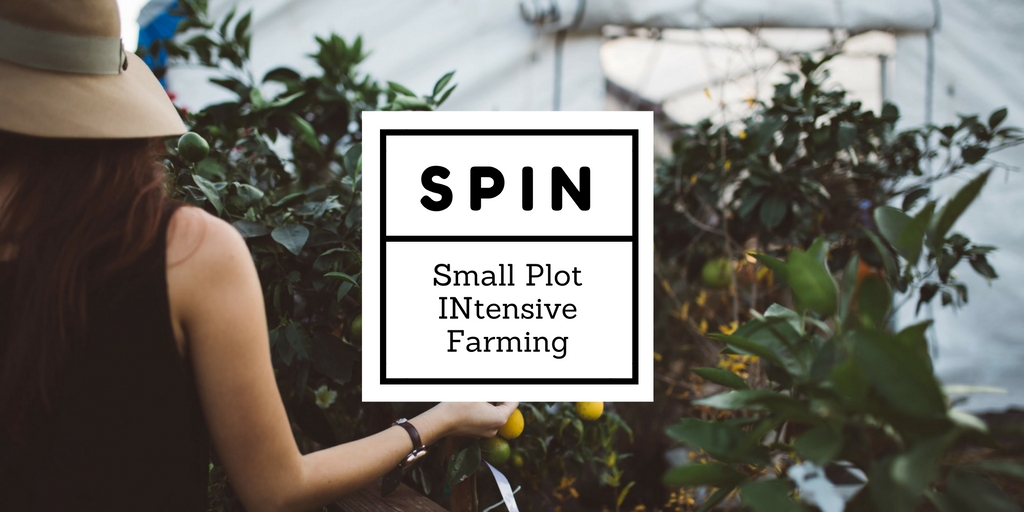In this video we meet Mark Voss from Voss Organics for a tour of his urban farm in Madison WI.
Mark first started out farming in 1993 on rented land and then purchased a home with a large lot and decided to become an urban farmer.
His urban farm business encompasses a 400 square foot hoophouse (greenhouse) and 300 square feet of certified organic raised beds on a city lot. He has since expanded his operation to 3 of his neighbours backyards and now makes a generous living as an urban farmer.
His markets include farmers markets, premier food cooperatives and restaurants.
Mark holds a BA in economics from the University of Illinois, is also an educator and is now using SPIN farming to not only farm but to train others.
SPIN farming stands for Small Plot INtensive and it is a urban farming system that makes it possible to earn significant income from land under an acre in size by growing common vegetables. SPIN urban farming provides everything you’d expect from a good franchise: a business concept, marketing advice, financial benchmarks and a detailed day-to-day workflow.
It provides a non-technical, easy to understand, and inexpensive to implement farming system. It allows more people to farm commercially wherever they live as long as there are markets nearby to support them.
Why become an urban farmer?
There are twenty million acres of lawns in North America. In their current form, these unproductive expanses of grass represent a significant financial and environmental cost. However, viewed through a different lens, they can also be seen as a tremendous source of opportunity. Access to land is a major barrier for many people who want to enter the agricultural sector, and urban and suburban yards have huge potential for would-be farmers wanting to become part of this growing movement.
This video will to help you learn the techniques and business strategies you need to make a good living growing high-yield, high-value crops right in your own backyard (or someone else’s). Major benefits include:
- Low capital investment and overhead costs Reduced need for expensive infrastructure Easy access to markets
- Growing food in the city means that fresh crops may travel only a few blocks from field to table, making this innovative approach the next logical step in the local food movement. Based on a scalable, easily reproduced business model, becoming an Urban Farmer is your opportunity to minimizing risk and maximizing profit by using intensive production in small leased or borrowed spaces.
If you want to learn more about SPIN Urban Farming system then you could try reading the book SPIN-Farming Basics or learn how to make $100,000 a year farming land you don’t own in Curtis Stones book “The Urban Farmer”.


